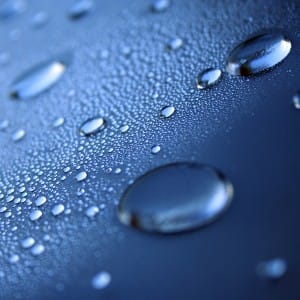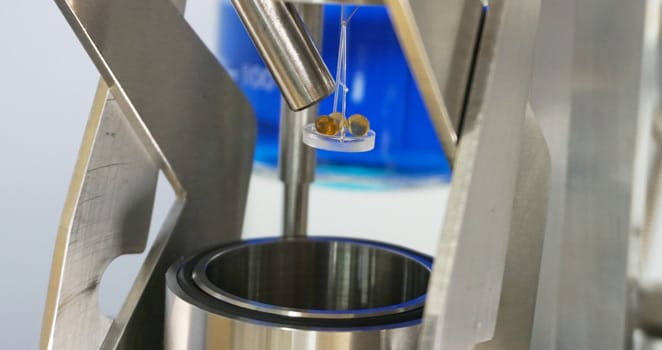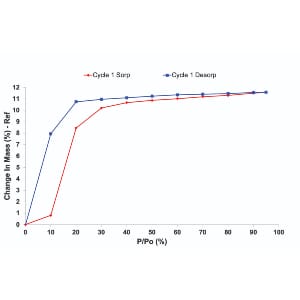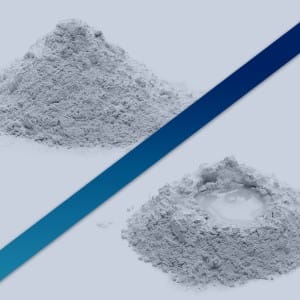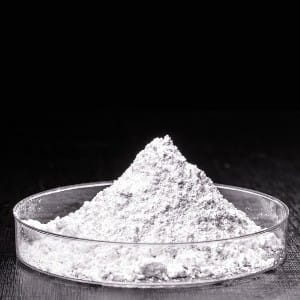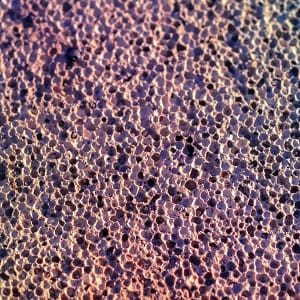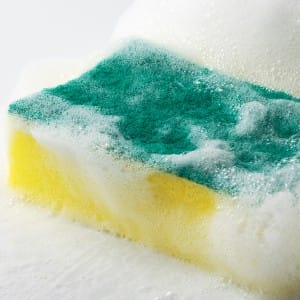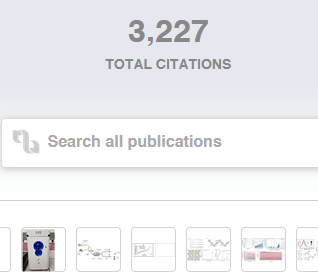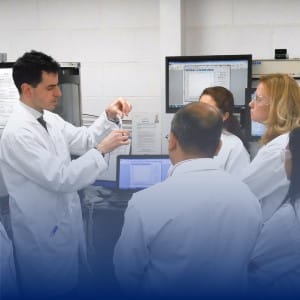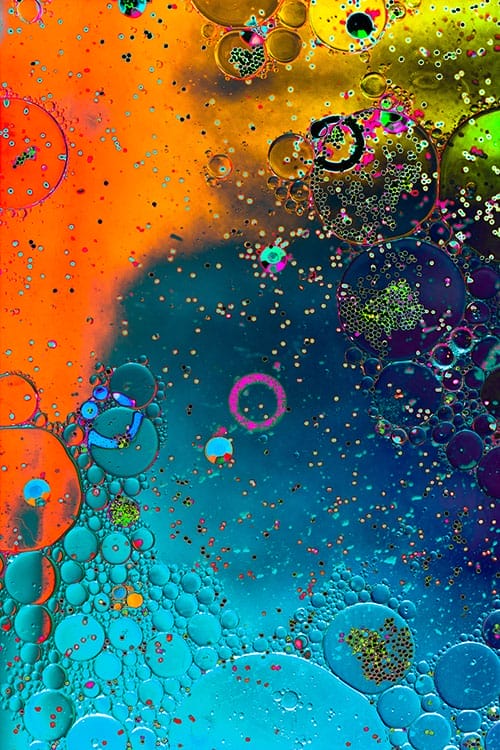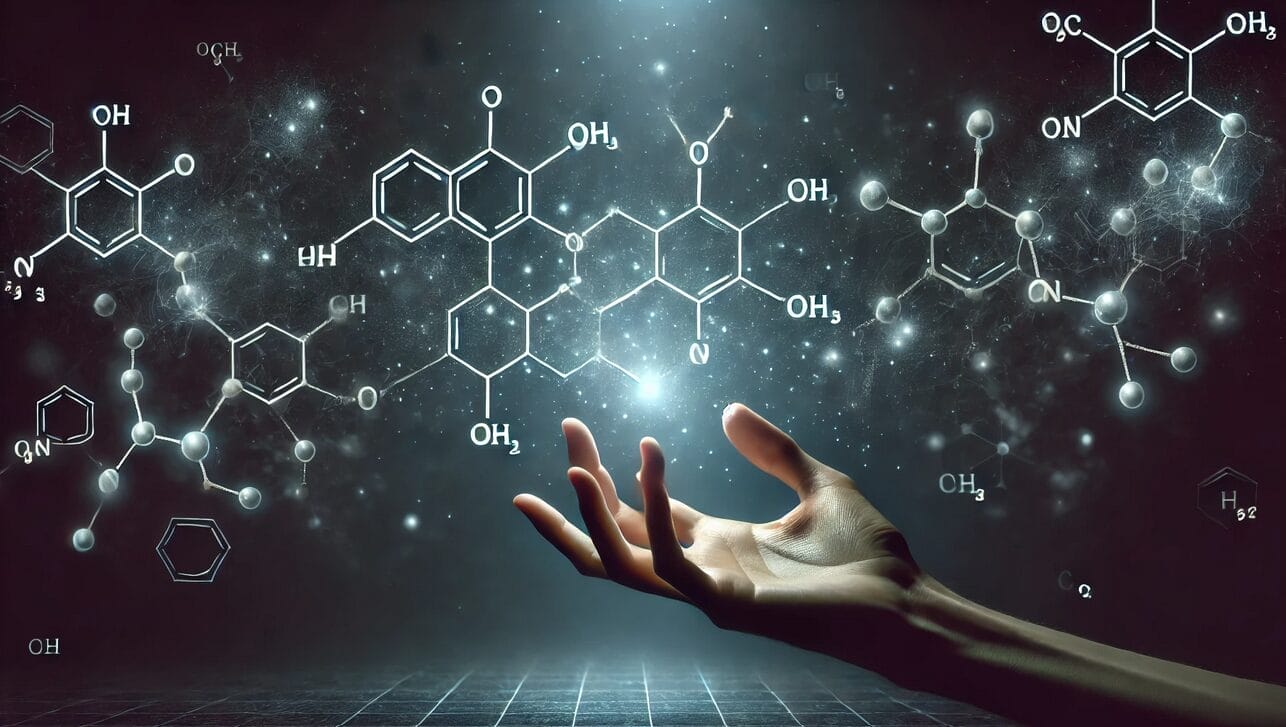
Water Sorption and Gas Adsorption Measurements on MOFs
Watch now
This session will cover Metal Organic Frameworks (MOFs) that can be used in a range of adsorption applications, such as gas storage, carbon capture, separations, catalytic transformation, and drug delivery. In addition, they can be also used for thermochemical energy storage applications, whereby heating and cooling technologies use thermo-adsorptive effects.
The combination of hierarchical pore structure control of these materials and the selection of appropriate adsorbent enables entry and adsorption of small molecules on internal surfaces. Such processes are typically controlled by physisorption mechanisms governed by molecular size, polarity, and chemical nature of the sorbent surfaces. In some cases, specific chemical interactions can give rise to more strongly bound chemisorbed species which are in essence part in the design of heterogeneous catalysts
Water sorption, Organic sorption and Gas adsorption measurements on MOFs can provide valuable information about the effect of probe molecules on materials stability, kinetics, adsorption capacity, and energy requirements for the regeneration of adsorbents.
This webinar highlights an innovative experimental method for determining gas and vapor adsorption and co-adsorption isotherms on MOFs using a novel dynamic vacuum flow configuration in a broad temperature range.
Dr. Vladimir Martis
Product Manager
Surface Measurement Systems

